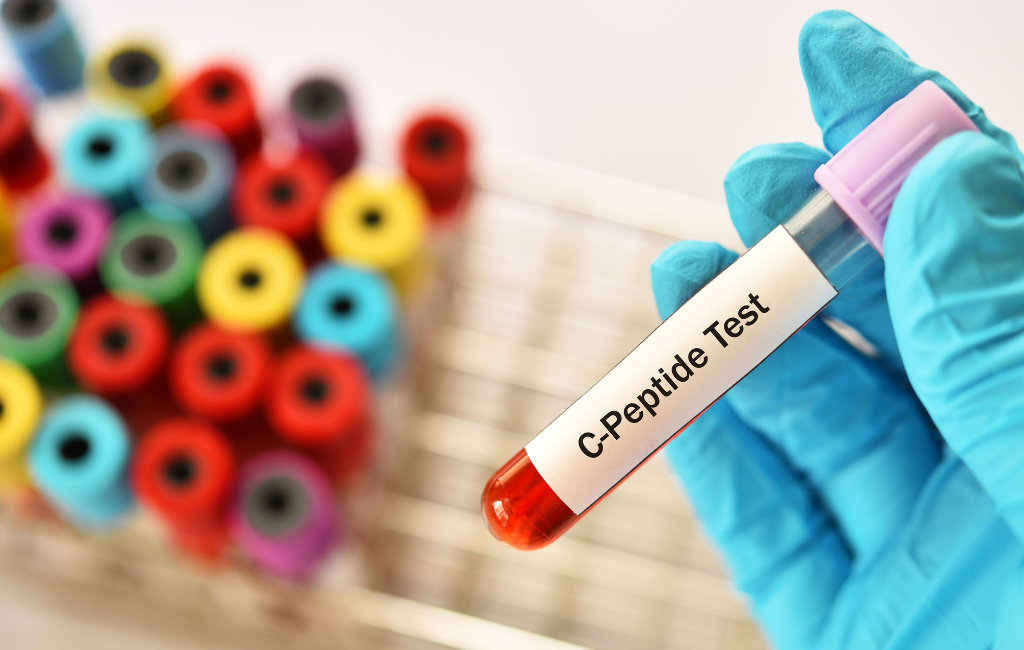
Peptides: Enhanced Vitality
Peptides for Enhanced Vitality
Peptides have garnered significant attention in recent years for their potential to enhance vitality and overall well-being. These short chains of amino acids play a crucial role in various biological processes, making them a promising avenue for those seeking to improve their health and longevity.
Understanding Peptides
Peptides are composed of two or more amino acids linked by peptide bonds. They are smaller than proteins but share similar building blocks. Peptides can act as signaling molecules, influencing various physiological functions such as hormone regulation, immune response, and cell communication.
Types of Peptides
There are several types of peptides, each with unique functions:
- Hormonal Peptides: These peptides regulate hormone levels in the body. Examples include insulin and growth hormone-releasing peptides (GHRPs).
- Neuropeptides: These peptides influence brain function and mood. Examples include endorphins and oxytocin.
- Antimicrobial Peptides: These peptides help the body fight infections. Examples include defensins and cathelicidins.
- Structural Peptides: These peptides contribute to the structure and function of tissues. Examples include collagen and elastin.
Benefits of Peptides for Vitality
Peptides offer a range of benefits that can enhance vitality and overall health. Some of the key advantages include:
Improved Muscle Growth and Repair
Peptides such as GHRPs and IGF-1 (Insulin-like Growth Factor 1) have been shown to stimulate muscle growth and repair. These peptides promote protein synthesis and increase the production of growth hormone, leading to enhanced muscle mass and strength.
Enhanced Skin Health
Collagen peptides are widely used in skincare products due to their ability to improve skin elasticity and hydration. Studies have shown that collagen peptides can reduce the appearance of wrinkles and promote a youthful complexion.
Boosted Immune Function
Antimicrobial peptides play a vital role in the body’s defense against pathogens. By enhancing the production of these peptides, individuals can strengthen their immune system and reduce the risk of infections.
Improved Cognitive Function
Neuropeptides such as oxytocin and endorphins have been linked to improved mood and cognitive function. These peptides can help reduce stress, anxiety, and depression, leading to better mental health and overall well-being.
Case Studies and Research
Several studies have highlighted the potential of peptides in enhancing vitality. Here are a few notable examples:
Muscle Growth and Repair
A study published in the Journal of Clinical Endocrinology & Metabolism found that GHRPs significantly increased muscle mass and strength in older adults. Participants who received GHRP treatment experienced a 10% increase in muscle mass and a 15% improvement in strength over a 12-week period.
Skin Health
Research published in the Journal of Cosmetic Dermatology demonstrated that collagen peptides improved skin elasticity and hydration in women aged 35-55. Participants who consumed collagen peptides daily for 8 weeks showed a 20% increase in skin elasticity and a 15% improvement in hydration levels.
Immune Function
A study in the journal Nature Immunology revealed that antimicrobial peptides play a crucial role in the body’s defense against infections. Researchers found that individuals with higher levels of antimicrobial peptides had a lower risk of developing bacterial and viral infections.
Cognitive Function
Research published in the journal Psychoneuroendocrinology showed that oxytocin administration improved mood and cognitive function in individuals with depression. Participants who received oxytocin treatment reported a 30% reduction in depressive symptoms and a 25% improvement in cognitive performance.
How to Incorporate Peptides into Your Routine
Incorporating peptides into your daily routine can be done through various methods:
- Supplements: Peptide supplements are available in various forms, including capsules, powders, and injections. These supplements can be taken orally or administered through injections for targeted effects.
- Skincare Products: Many skincare products contain peptides that can be applied topically. These products can help improve skin health and reduce the signs of aging.
- Diet: Consuming a diet rich in protein can help increase the production of peptides in the body. Foods such as lean meats, fish, eggs, and dairy products are excellent sources of amino acids that can be converted into peptides.
Potential Side Effects and Precautions
While peptides offer numerous benefits, it is important to be aware of potential side effects and take necessary precautions:
- Allergic Reactions: Some individuals may experience allergic reactions to certain peptides. Symptoms can include itching, swelling, and difficulty breathing.
- Hormonal Imbalance: Excessive use of hormonal peptides can lead to hormonal imbalances, resulting in side effects such as acne, hair loss, and mood swings.
- Digestive Issues: Oral peptide supplements can sometimes cause digestive issues such as nausea, bloating, and diarrhea.
Conclusion
Peptides hold significant promise for enhancing vitality and overall well-being. From improving muscle growth and skin health to boosting immune function and cognitive performance, these powerful molecules offer a range of benefits. By understanding the different types of peptides and their potential applications, individuals can make informed decisions about incorporating them into their daily routines. As with any supplement or treatment, it is important to consult with a healthcare professional before starting peptide therapy to ensure safety and effectiveness.
- No categories